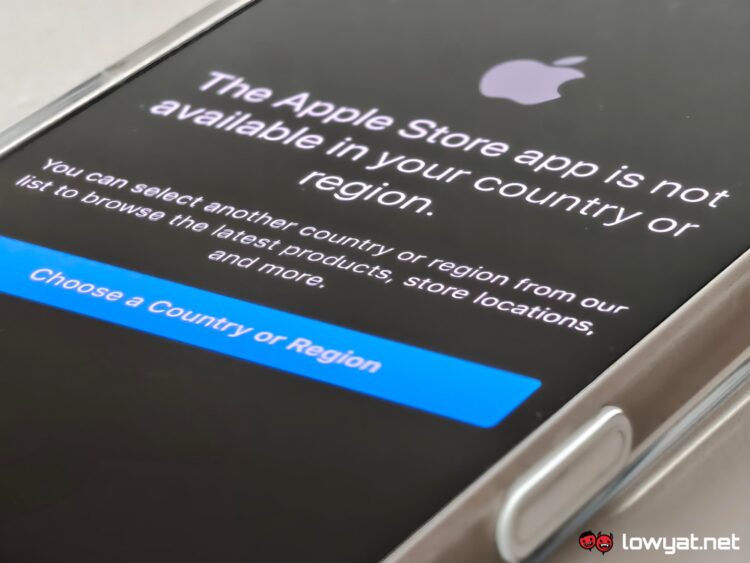The European Commission (EC), in collaboration with the Consumer Protection Cooperation (CPC), has called on Apple to cease geo-blocking practices in several of its digital services. This includes the App Store, Apple Arcade, Apple Music, the iTunes Store, and its Books and Podcasts apps. The demand was made public through a press release, urging the US-based tech company to comply with EU consumer protection laws.
An investigation by the CPC Network revealed that Apple offers different user interfaces for its digital platforms depending on the country. Customers are restricted to the version corresponding to the country where their account is registered, facing significant hurdles when attempting to switch. This practice violates the EU’s anti-geo-blocking regulations, which seek to prevent such barriers within the Single Market.

“We are stepping up the fight against geo-blocking,” European commissioner Margrethe Vestager said in the press release. “No company, big or small, should unjustly discriminate customers based on their nationality, place of residence, or place of establishment.”
Additionally, the investigation highlighted issues with payment methods and app availability. Consumers are limited to using payment cards issued in their account’s country and are barred from downloading apps available in other EU or EEA nations. The EC and CPC insist that users should have the freedom to download apps from any EU/EEA country, particularly when travelling or temporarily staying abroad.

The EU’s geo-blocking regulations prohibit discrimination based on nationality, residence, or place of establishment, ensuring equal access to goods and services across the region. The investigation, led by authorities in Belgium, Germany, and Ireland, was coordinated by the EC.
Apple has been given a month to respond to these findings and outline measures to address the concerns. Should the company fail to comply, national consumer protection authorities could enforce actions to ensure adherence to the EU’s rules. Whether this will have a global impact, similar to when Apple dropped its proprietary Lightning connector in favour of USB-C, remains to be seen.
(Source: European Commission, via Reuters)
Follow us on Instagram, Facebook, Twitter or Telegram for more updates and breaking news.



